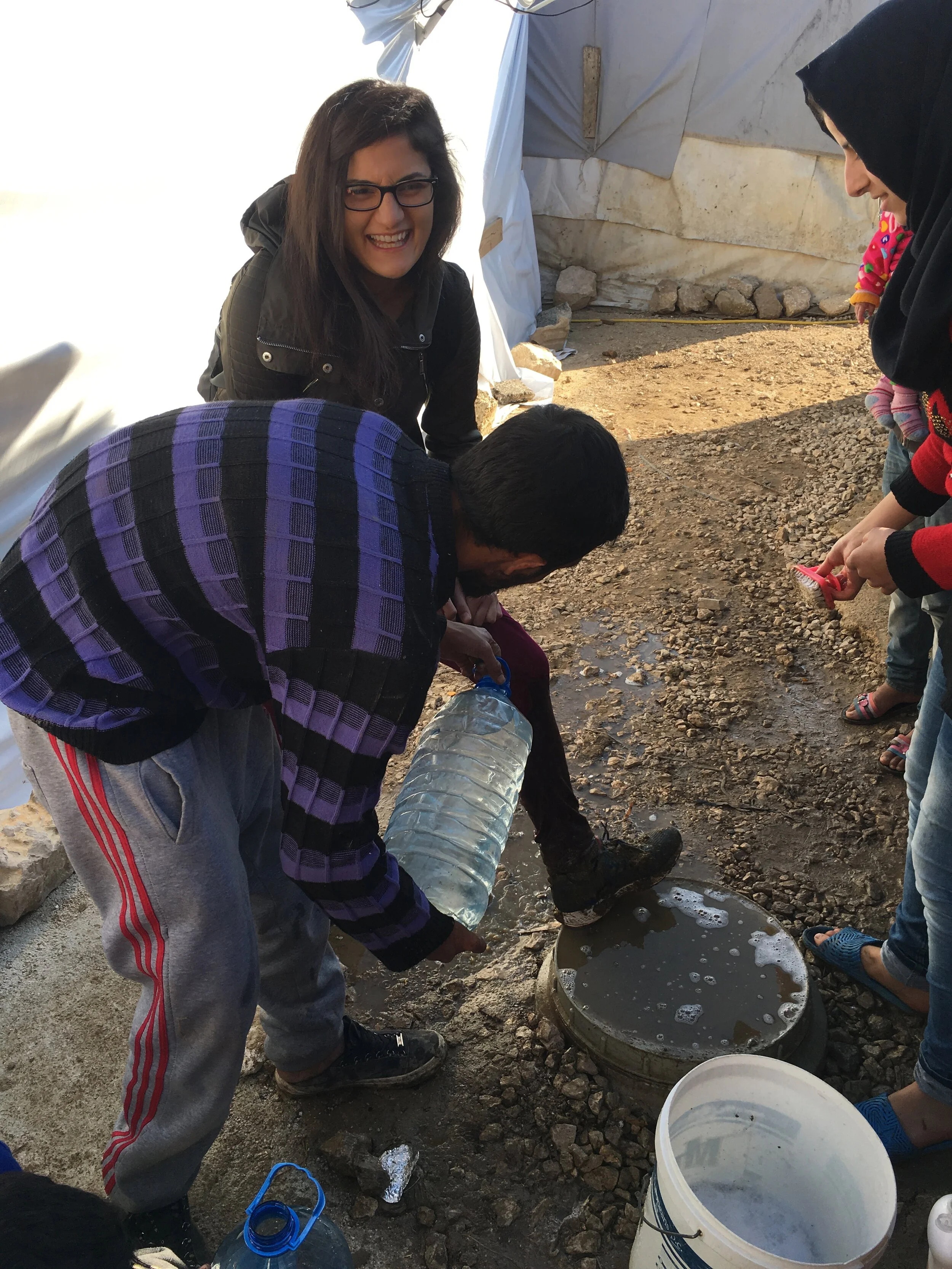Tossing and turning, I woke up before my alarm. I grabbed my phone to check the latest death toll.
171.
My heart sunk. More people dead. And I was guilty.
Last Tuesday, an explosion in Beirut killed innocent men, women, and children, injured 6,000 more, and left more than 300,000 homeless.
The cause? An ungodly amount of explosive chemicals the government unsafely stored in a warehouse. AKA: Lebanese leaders, once again, failed to protect their people.
This was the biggest explosion Beirut’s ever seen. Bigger than any terrorist attack, war, or conflict with Israel. In a sick way, it was metaphorical: the people’s deadliest threat is their own government.
So why do I feel guilty?
Because I could’ve been dead instead of someone else.
Out of pure luck, my parents were born in Lebanon but emigrated to America before I was born. It wasn’t until I temporarily moved to the Middle Eastern country that I realized the remarkable privilege of being American. A privilege I did nothing to deserve. A privilege many don’t appreciate.
You see, in Lebanon, politicians can get away with murder. They have for years.
Before the explosion, the Lebanese were already dealing with: a Venezuela-style economic collapse, food shortage, thousands of layoffs, empty ATMs, and an extreme devaluation of currency. Not to mention, they have no clean water, 24-hour electricity, or trash collection.
In October, the Lebanese had enough. They launched a revolution -- demanding better rights. The government ignored them. In March, the coronavirus pandemic caused a famine. The government ignored them. After Tuesday’s explosion, the government was nowhere to be found. It was citizens who searched for dead bodies, cleaned up the streets, and opened their houses to the homeless.
I wasn’t surprised.
Over the last few years, I’ve been traveling to Lebanon as a journalist. I’ve written numerous articles … but there’s NO WAY I could’ve done so without the help of the Lebanese.
Each trip, people I never met went above and beyond to take care of me. Mothers in my town worried what I was eating and cooked me dinner; young men guarded my door with baseball bats if I was scared; strangers drove me across the country when they heard I needed a ride to an interview; college students offered to translate for me.
One of those translators once told me he wanted to commit suicide. The English literature graduate had dreams of working on a college campus -- but zero chance of a future in Lebanon. Every few months, he texts me: “Do you know any programs that can bring me to America?”
I don’t.
These people are brilliant, educated, and far more skilled than me. With no opportunities to pursue their own dreams, they’ve helped make mine come true.
So what can I do in return?
Certainly, I can donate. But I can also do something else:
Appreciate being American.
I’m sorry to say, I don’t feel everyone in the U.S. appreciates what they have. I don’t know if they grasp how remarkably privileged we are to be American.
Not to say the U.S. doesn’t have its share of injustices. But if you’re homeless, there are shelters. If you’re in debt, bankruptcy or welfare can catch you. If you’re psychologically or physically harmed, there’s medical treatment. If a politician is corrupt, they’re jailed. If you’re unfairly wronged, there’s a justice system. If someone’s killed in the streets, a movement is launched.
Please pray for the victims in Lebanon. Donate if you can (links are below). But above all, please appreciate being American.
LINKS TO DONATE:
Lebanese Red Cross : On-ground medical emergency services
Lebanese Food Bank Association : Food supplies to displaced families
Donner Sang Compter : Blood donations and on-ground crisis relief efforts
Beit Al Baraka : Comprehensive support for families, i.e. fixing damaged homes, distributing food, and medical coverage
Offre Joie : Volunteer movement to rebuild homes and clean up debris



